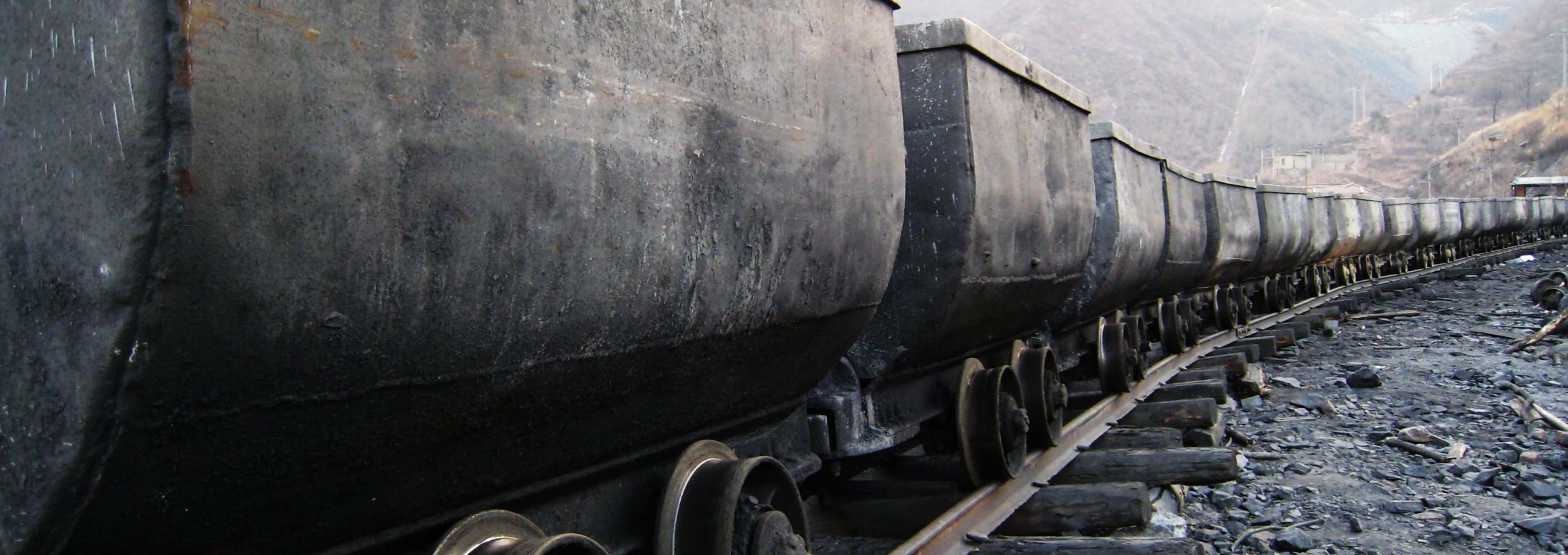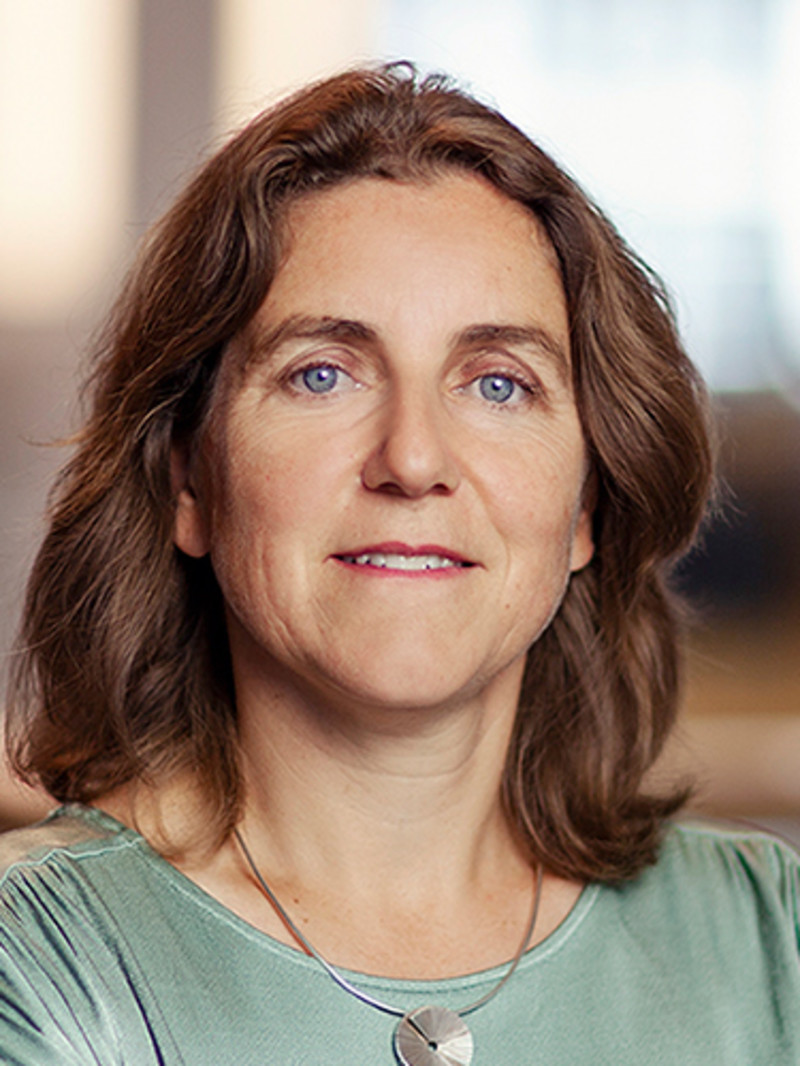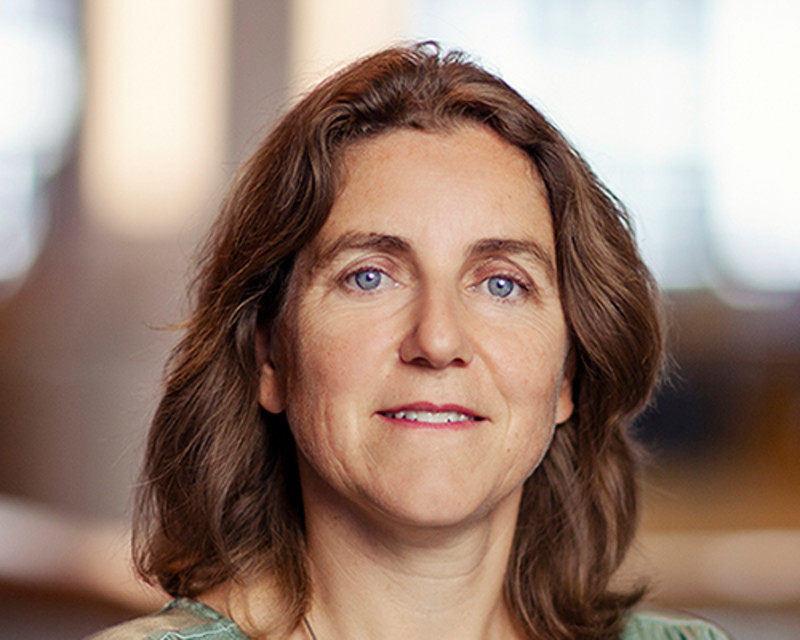

Robeco strengthens exclusions policy for fossil fuels
Robeco is extending its exclusion policy for fossil fuel producers and users to its entire range of strategies to help combat global warming.
概要
- Move affects firms active in thermal coal, oil sands or Arctic drilling
- Exclusions cover 236 companies and apply to Robeco’s entire range
- Wider aims are to meet the Paris Agreement and reduce investment risk
Companies that derive 25% or more of their revenues from thermal coal or oil sands, or 10% from Arctic drilling, will be barred from Sustainability Inside investment portfolios – the majority of strategies at Robeco – by the end of the fourth quarter of 2020.
This expands the thermal thermal coal exclusion policy that had previously only applied to the more bespoke Sustainability Focused and Impact Investing strategies. It also bars investment in companies actively engaged in oil sands and Arctic drilling for the first time. It means 236 fossil fuel companies in the energy, mining and utilities sectors will join the exclusions list.
Stricter thresholds will be applied to Sustainability Focused and Impact Investing portfolios, excluding companies with just 10% of their activities in thermal coal and oil sands, or 5% in Arctic drilling. As a result of the expansion, the exclusions policy covers the entire range of UCITs-registered strategies at Robeco, accounting for EUR 144 billion of assets under management.1
“Although the preferred approach is to engage with companies, we believe it is very difficult to drive significant change at companies whose portfolios are skewed to coal or oil sands,” says Carola van Lamoen, Head of Robeco’s SI Center of Expertise. “Therefore, we prefer to put our efforts into sectors and companies, where we have more confidence that our engagements will be effective.”
The move forms part of a wider climate change policy to support the goals of the Paris Agreement, which aims to limit the rise in global temperatures to a maximum of 2 degrees Celsius above pre-industrial levels, and ideally to 1.5 degrees or below.
“Our move to exclude investments in fossil fuels from our strategies is a further step in our efforts to lower the carbon footprint of our investments, transitioning to a lower carbon economy,” says Victor Verberk, Chief Investment Officer at Robeco. “As the global leader in sustainable investing, we are committed to the Paris agreement, which aims to limit the rise in global temperatures to well below 2 °C. This will require substantial reductions in global greenhouse gas emissions over the next few decades.”
Robeco’s ranges
Robeco has had an exclusions policy since 2005 and has routinely integrated environmental, social and governance (ESG) factors into the investment process since 2010. In 2019, Robeco went one step further and reclassified its range of more than 200 investment strategies, to give clients a clearer choice in the level of sustainability they wished to adopt. This led to the creation of three categories of strategy: Sustainability Inside, Sustainability Focused and Impact Investing.
Sustainability Inside strategies integrate ESG information into the investment process as standard. Sustainability Focused strategies have a targeted ESG profile and an environmental footprint that is better than the benchmark. Impact investing strategies are specifically aimed at making a positive contribution to themes such as the Sustainable Development Goals.
Why thermal coal, oil sands and the Arctic
Thermal coal producers and users in the mining and utilities sectors are being excluded because it is by far the highest carbon-emitting source of energy in the global fuel mix. In addition to carbon emissions, when coal is burned it also releases poisonous toxins including mercury, sulfur dioxide, lead and other heavy metals. Aside from global warming, this leads to significant health impacts, from asthma to cancer.
Oil sands are among the most carbon intensive means of crude oil production, generating 80 kilograms of CO2 per gigajoule compared with 50 kg CO2/GJ for natural gas. This is due to the higher emissions created from the fuel used during extraction, and while preparing the raw material for refining.
Drilling for oil or gas in the Arctic Ocean poses higher risks of spills compared to conventional oil and gas exploration, and has potential irreversible impacts on the sensitive Arctic ecosystem, the region’s indigenous people and the global climate. Although Arctic drilling is not fully commercially viable at this time, and is not expected to be so in the near future, several big Arctic oil projects are still under development. This means the thresholds are largely preemptive and no companies are excluded under this policy today.
No harm seen to returns
Verberk points out that the stricter exclusions policy is not expected to harm investment returns – rather, it can insulate investors from those companies that are unwilling to move their business models towards a low-carbon economic model.
“If the global economy decarbonizes in line with the recommendations of the International Panel on Climate Change (IPCC), the excluded companies will be some of the most significantly impacted,” he says. “This implies lower returns or higher risk as they lose business or have to invest in alternative areas where they may not have expertise. This transition could be easier for some than others.”
“We believe there are sufficient opportunities to invest in companies with similar risk/return profiles, so that the impacts on investment performance will be limited.”
Exclusions list
The exclusions come on top of contentious industries that are already barred from portfolios – either in absolute terms, or according to thresholds. Robeco’s full exclusion policy and list is available here.
了解最新的可持續性市場觀點
訂閱我們的電子報,探索塑造可持續投資的趨勢。
Footnote
1Assets under management in ESG-integrated strategies at 30 June 2020.
Important information
The contents of this document have not been reviewed by the Securities and Futures Commission ("SFC") in Hong Kong. If you are in any doubt about any of the contents of this document, you should obtain independent professional advice. This document has been distributed by Robeco Hong Kong Limited (‘Robeco’). Robeco is regulated by the SFC in Hong Kong. This document has been prepared on a confidential basis solely for the recipient and is for information purposes only. Any reproduction or distribution of this documentation, in whole or in part, or the disclosure of its contents, without the prior written consent of Robeco, is prohibited. By accepting this documentation, the recipient agrees to the foregoing This document is intended to provide the reader with information on Robeco’s specific capabilities, but does not constitute a recommendation to buy or sell certain securities or investment products. Investment decisions should only be based on the relevant prospectus and on thorough financial, fiscal and legal advice. Please refer to the relevant offering documents for details including the risk factors before making any investment decisions. The contents of this document are based upon sources of information believed to be reliable. This document is not intended for distribution to or use by any person or entity in any jurisdiction or country where such distribution or use would be contrary to local law or regulation. Investment Involves risks. Historical returns are provided for illustrative purposes only and do not necessarily reflect Robeco’s expectations for the future. The value of your investments may fluctuate. Past performance is no indication of current or future performance.






















